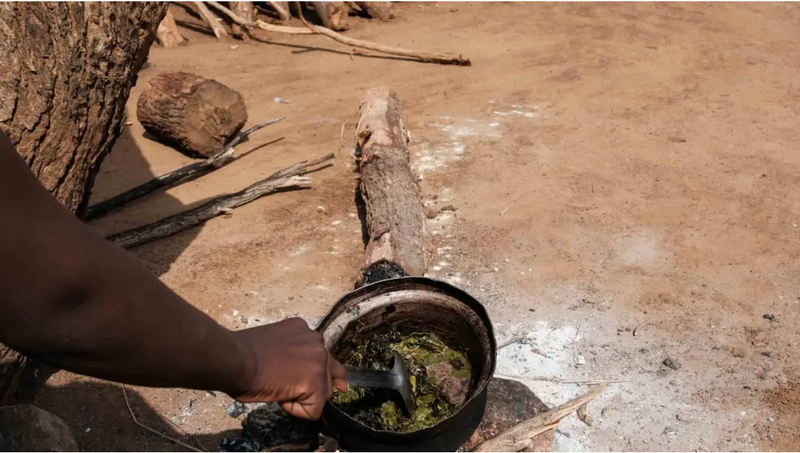Israel, Lebanon Reach 'Historic Agreement' on Maritime Borders
Following months of US-mediated negotiations, Israel and Lebanon have reached a historic agreement over their shared maritime border that enables both countries to develop offshore gas fields in their waters and increase gas production amid the global energy crisis.

Facts
- Following months of US-mediated negotiations, Israel and Lebanon have reached a historic agreement over their shared maritime border that enables both countries to develop offshore gas fields in their waters and increase gas production amid the global energy crisis.
- In response to the deal — which has yet to be fortified — Lebanon's deputy speaker Elias Bou Saab said it satisfies both sides and that "all of its [Lebanon's] remarks have been taken into account." Israeli National Security Adviser Eyal Hulata echoed the sentiment for Israel.
- Resolving a territorial dispute surrounding a part of the Mediterranean Sea, the deal would see around 330 square miles of water — which both Lebanon and Israel claim — divided. This would allow Lebanon to produce gas from the key Qana natural gas field, but pay royalties to Israel for any gas extracted from the Israeli side.
- Security officials have lauded the deal, saying it could lower tensions with Lebanon's Hezbollah militant group, which has reportedly threatened to attack Israeli natural gas sites and which Israel believes is its most immediate military threat.
- Though the group has yet to formally comment on the agreement, a senior Lebanese official said Hezbollah has endorsed the deal and considers negotiations to be "over."
- Israeli natural gas production is reportedly up 22% this year due to Europe's declining reliance on Russian oil. Since 2020, the country has been shipping gas to Egypt, where it's liquefied and shipped to Europe.
SourcesCNBC, Al Jazeera, Associated Press, US News, and Guardian.
Narratives
- Pro-establishment narrative, as provided by Jerusalem Post. This is truly a win for both sides, as Israel will be protecting its border security, and Lebanon will be able to grow its natural gas production at a time of economic desperation. What's most extraordinary about the US-brokered deal — which attests to the US's strong relationship with Israel — is that both countries will be able to pursue their interests without violence between Israel and Hezbollah.
- Establishment-critical narrative, as provided by Times of Israel. This deal is not necessarily a win-win for both countries, as no one knows yet whether the fields on Lebanon's side of the border contain commercially viable sources of oil. Even if Lebanon does eventually strike oil, it will take years of political and economic reform for the country to profit, which will help no one during the current energy crisis.






